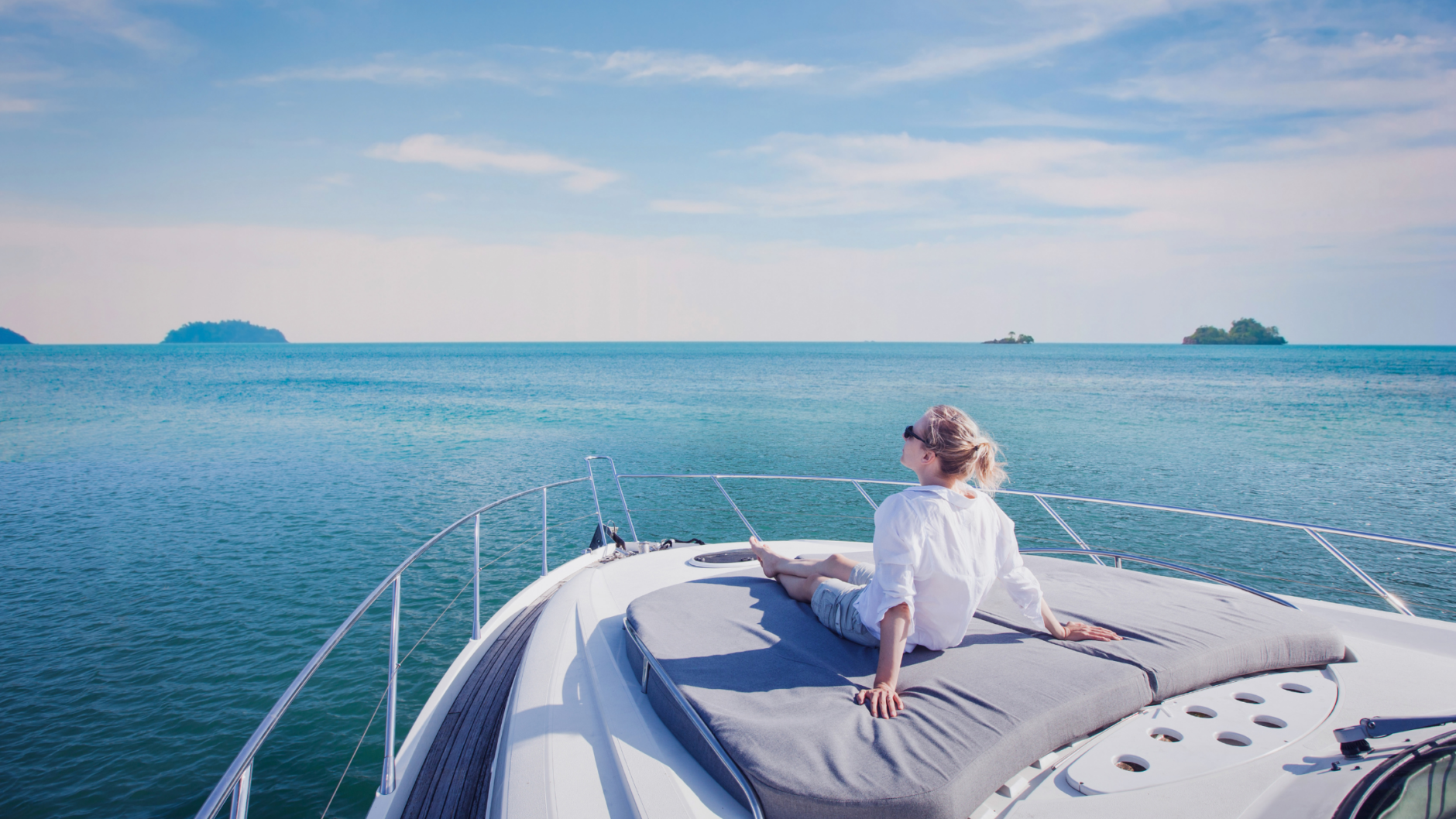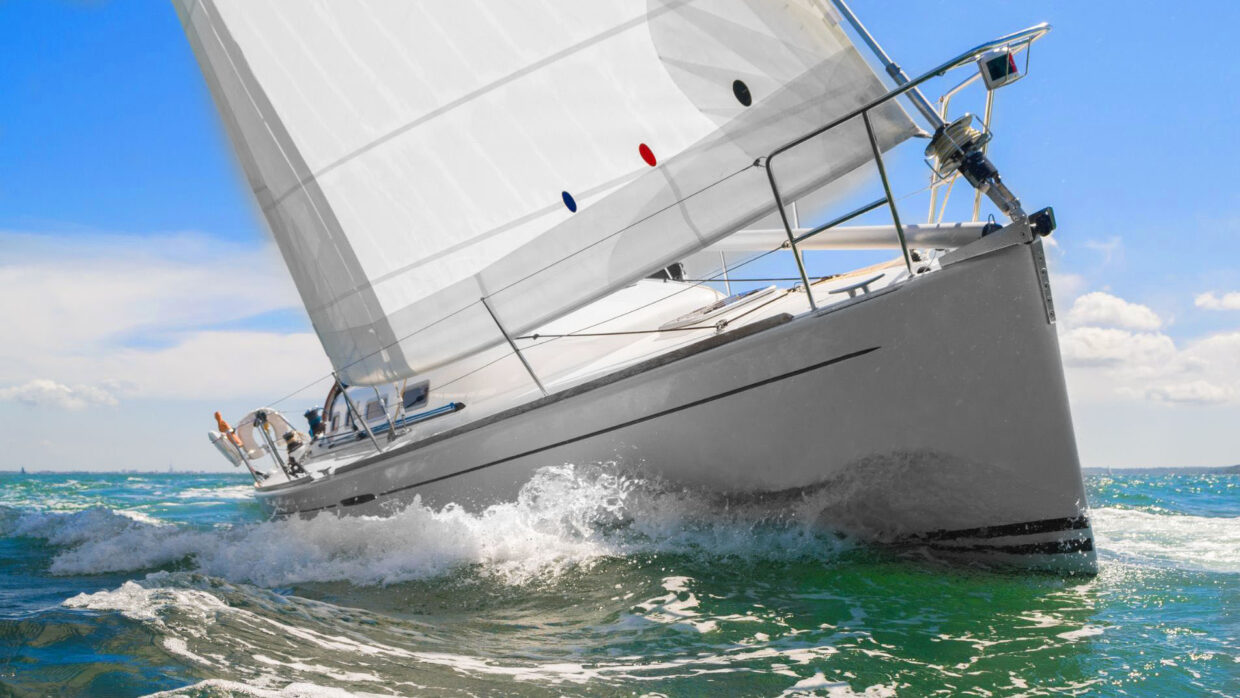Sea travel has a long and rich history dating back thousands of years. Early seafarers traveled the oceans for exploration, trade, and conquest. Some notable examples include the Phoenicians, Greeks, and Romans, who established vast empires through their sea travels.
During the Middle Ages, sea travel became less common due to the fear of piracy and the lack of reliable navigational technology. However, in the 15th century, technological advancements such as the invention of the compass and the astrolabe enabled sailors to navigate the open seas with greater accuracy. In the 19th and 20th centuries, sea travel became more accessible to the general public with the introduction of steam-powered ships and the expansion of commercial passenger liners. This allowed people to travel across the ocean for pleasure, and ocean liners such as the Titanic and the Queen Mary became symbols of luxury and sophistication.
Today, sea travel continues to be popular for both commercial and recreational purposes. The advent of modern cruise ships and personal watercraft has made sea travel more accessible and affordable than ever before. Additionally, advances in technology have made ships and boats safer, more efficient, and more environmentally friendly. In fact, there are many benefits of traveling by sea.

Environmental Benefits
Traveling by boat can reduce air and water pollution in several ways. Boats generally emit less carbon dioxide and other harmful pollutants than other modes of transportation like cars, buses, and airplanes. Boats can also run on cleaner fuels such as biodiesel, which can further reduce their emissions. When people use boats for transportation, there’s less congestion on roads and highways, which can reduce the amount of exhaust fumes that are released into the air.
Boats can help reduce water pollution by preventing runoff from entering waterways. For example, boats equipped with holding tanks can store sewage and other waste until it can be properly disposed of onshore, rather than releasing it into the water.
Traveling by boat can also help raise awareness about environmental issues and the need to protect our oceans and waterways. This increased awareness can lead to more sustainable practices and behaviors among boat owners and passengers.
Cost-Effectiveness
There are several financial advantages of boat travel, including lower fuel costs, lower maintenance costs, lower storage costs, increased resale value, tax benefits, and a potential for long-term savings.
Boats generally have lower fuel costs than other modes of transportation, such as cars and airplanes. This is because boats are typically more fuel-efficient than cars, and they consume less fuel per passenger mile than airplanes. Boats require regular maintenance and repairs, but the cost of storing and maintaining a boat is typically lower than the cost of storing and maintaining a car or an airplane. Many boat owners choose to store their boats at home or at a marina, which can further reduce storage costs.
Boats can hold their value well over time, especially if they’re well-kept and stored in good condition. This means that boat owners can potentially sell their boats for a high price in the future, which can help offset the initial cost of purchasing the boat. In some cases, boat owners are eligible for tax deductions or other financial benefits related to boat ownership, such as deducting the cost of boat loan interest or qualifying for state tax incentives.
While the initial cost of purchasing a boat can be high, financing options exist. Owning a boat can also result in long-term savings. For example, boat owners can save money on transportation costs by using their boats for travel and recreation instead of renting or buying other forms of transportation. This can include using the boat for commuting to work, traveling to vacation destinations, or taking weekend trips.
Comfort and Convenience
Boat travel offers more privacy and comfort than other forms of transportation in several ways. Many boats have private cabins where passengers can relax and sleep in comfort. These cabins often have comfortable beds, private bathrooms, and other amenities that can make the journey more enjoyable and convenient. Unlike airplanes or buses, boats often have more space and fewer passengers, which means that passengers can have more personal space and privacy. This can be especially important for long journeys where passengers want to stretch out and relax.
Boat travel has the potential to also be more flexible than other forms of transportation, as the passengers on a boat can often choose their own routes and destinations. This can allow for a more personalized and satisfying travel experience. Boat owners can customize their boats to meet their specific needs and preferences. This can include adding features such as relaxing seating, high-quality sound systems, and other amenities that can enhance comfort and privacy.
Boat travel can offer beautiful and unique views of the surrounding scenery. Whether traveling on a river, lake, or ocean, passengers can enjoy stunning vistas that aren’t typically available from other forms of transportation. This can permit passengers to get away from the hustle and bustle of everyday life and explore new places without having to worry about transportation, traffic, or accommodations, allowing them to spend more time outdoors.
Recreational Benefits
Boat travel offers a wide range of recreational advantages, including offering passengers opportunities for fishing, snorkeling and diving, water sports, relaxation, and exploration.
Boats are ideal for fishing, since they provide access to deeper waters and can be used for a variety of fishing styles, including trolling, bottom fishing, and fly fishing. Whether for freshwater or saltwater fishing, boats can take anglers to prime fishing locations and provide a comfortable and convenient platform for engaging in their favorite activity.
Boats can also be used for snorkeling and diving, as they allow access to remote or difficult-to-reach locations that are rich in marine life and offer stunning views. Boats can serve as a base for equipment storage and changing facilities, making it easier for snorkelers and divers to get in and out of the water. In fact, boats can be used for a variety of water sports activities, including wakeboarding, water skiing, tubing, and other towed sports. With the right equipment and a skilled operator, boats can provide hours of fun and excitement on the water.
Boats can also be a great way to relax and enjoy the natural surroundings, whether by cruising along a river or spending the day anchored in a secluded cove. Boats provide a comfortable and peaceful setting for reading, sunbathing, or simply enjoying the views. They can be used for exploring remote or hard-to-reach locations, such as hidden coves, islands, and coastal areas. This can provide a sense of adventure and discovery, as well as the opportunity to experience new environments and cultures.
Different Options for Traveling by Sea
There are many different types of boats, each with its own advantages and purposes.
Yachts are large, luxurious boats that are often used for pleasure cruising and entertainment. They typically have several cabins, a kitchen, a dining area, and other amenities that can make them comfortable for extended stays. Yachts can be powered by motors or sails, and they’re often used for coastal cruising or longer journeys.
Sailing vessels are boats that use the wind to propel them forward. They can range in size from small dinghies to large sailboats, and they can be used for a variety of purposes, including racing, cruising, and day trips. Sailing vessels can be more environmentally friendly than motorized boats, as they don’t require fuel to operate.
Motorboats are boats that are powered by engines. They can range in size from small fishing boats to larger yachts, and they can be used for a variety of purposes, including fishing, water sports, and pleasure cruising. Motorboats can provide a fast and efficient means of transportation on the water.
Houseboats are boats that are designed to be used as floating homes. They can range in size from small, basic models to large, luxurious vessels with multiple levels and many amenities. Houseboats can be a great way to live on the water, offering the opportunity to enjoy the natural surroundings and live a unique lifestyle.
Trawlers are motorized boats that are designed for long-distance cruising and fishing. They’re often larger and more rugged than other types of boats, with a focus on seaworthiness and comfort for extended journeys. Trawlers can be a great option for those who want to explore remote locations and spend extended periods of time on the water.
Know that buying a boat is a significant investment and requires careful consideration. Things to think about include: your level of experience with boats, what the main purpose of the boat will be, where you’ll store and moor the boat when it’s not in use, your budget for buying and maintaining the boat, the size of boat you need, the condition of the boat you’re thinking about, and what safety and other features (for example, a cabin, a kitchen, a bathroom, or other amenities) the boat should have.
While the purchase price of a boat isn’t necessarily low, there are many different loan options that exist. Generally, you can instantly pre-qualify with no obligation for a 100% online loan and choose rates and terms for boats that work with your budget.
Considerations for Boat Ownership
Researching boat safety and preparing for potential risks is crucial before heading out to sea in a boat. Understanding boating safety guidelines can help you prevent accidents on the water. Boating accidents can lead to serious injury or even death, so it’s important to know how to avoid them; knowing how to operate your boat and the safety features it has is critical. This includes understanding how to use life jackets, fire extinguishers, and other safety equipment. Being prepared for emergencies can mean the difference between life and death. Knowing how to respond to different types of emergencies, such as capsizing, flooding, or engine failure, can help you stay safe and protect your passengers.
Some ways to prepare for potential risks include taking a boating safety course, checking the weather forecast, planning your trip, checking your equipment, and following boating regulations. A boating safety course can help you to learn about boat safety guidelines, navigation rules, and emergency procedures. It can also teach you how to operate your boat and handle different types of weather conditions.
Always check the weather forecast before heading out on the water. Make sure all of your safety equipment is in good working condition before you leave. This includes life jackets, fire extinguishers, flares, and other safety equipment.
Avoid boating in extreme weather conditions such as storms or high winds. Plan your trip ahead of time, including your route and the stops you plan to make. And let someone know where you will be and when you plan to return.
Always follow all boating regulations, including speed limits, no-wake zones, and navigation rules. This will help keep you and others safe on the water.
Know that a boat requires ongoing maintenance, even if you only use it occasionally, and there are additional considerations, such as insurance policy coverage, to think about.
Conclusion
In conclusion, there are many advantages to traveling by sea, as long as it’s done responsibly. If you’ve been thinking about purchasing a boat to realize many of these advantages, there’s never been a better time!




